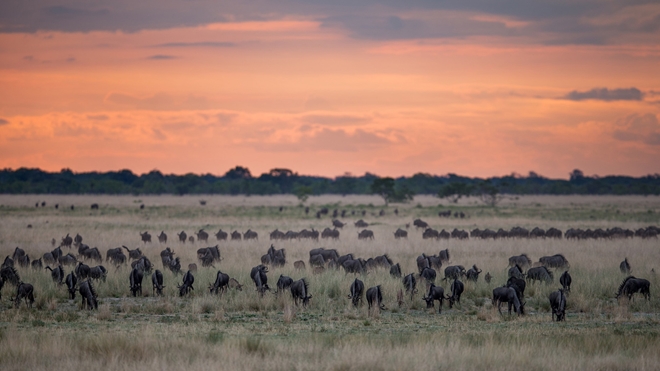World Wildlife Day Empowering Vietnam’s Youth to Protect Wildlife
- Youths take on national service on the day of love
- 17 million Vietnamese still stay out health insurance program
- Buddhists, youths join hand to help the poor
- Training course on wildlife crime for PS force to open
- Prince William to visit Vietnam for wildlife conservation
Each year on March 3, World Wildlife Day aims to celebrate and raise awareness of the world’s wild animals and plants. This year’s theme ‘Listen to the Young Voices’ is encouraging youth around the world to rally together to address ongoing major threats to wildlife, including illicit trafficking, over-exploitation and habitat loss.
“Change must come from within, and right now there is an important window of opportunity for young people to make a difference for Vietnam’s wildlife,” said a spokesperson from a group of 14 organizations working in Vietnam to protect wildlife and combat wildlife crime. The group comprises embassies, international organizations, and local and international non-governmental organizations, including Animals Asia, British Embassy in Hanoi, CHANGE, Education for Nature-Vietnam (ENV), Freeland, GIZ, Indo-Myanmar Conservation, Save Vietnam’s Wildlife, TRAFFIC, United Nations Office on Drugs and Crime, U.S. Embassy in Hanoi, WCS Vietnam, WildAct and WWF-Vietnam.
 |
| Photo for illustration. |
It is a message that carries particular weight in Vietnam, where many wildlife species are facing the brink of extinction due to over-exploitation and illegal trade. It is a very real threat already played out with the Javan rhino, which was declared extinct in Vietnam in 2010; and now many other species including tigers, elephants, and pangolins are not far behind. While Vietnam has enacted a range of efforts in recent years to improve legislation, strengthen law enforcement, and reduce consumer demand, there is still much more that needs to be done to respond to wildlife crime.
According to the United Nations Population Fund, Vietnam is currently recording the highest proportion of young people in its history. Young people between the ages of 10 to 24 now represent nearly 40 per cent of the population in Vietnam, which presents a unique chance in its history for young people to influence and contribute to positive change.
“As the largest demographic group and the future leaders and decision makers of Vietnam, it is crucial that young people are empowered to act at both local and global levels to protect wildlife,” said a spokesperson of the conservation group. “By calling for and practicing zero tolerance for wildlife crime – starting with our own behavior and not purchasing or consuming any products made from endangered species – young people can help to mobilize the change that is urgently needed.”
World Wildlife Day is also a timely opportunity to remember the commitments made at the third international Conference on Illegal Wildlife Trade, which was hosted by the Government of Vietnam in November 2016. During the conference, Vietnam and other countries made important commitments to end illegal wildlife trade. It is vital that 2017 is a year of strong and sustained action to close down illegal wildlife markets and reduce consumer demand for illegal wildlife products.
“World Wildlife Day is a reminder to all of us – whether government officials, law enforcement officers or private citizens – that we all need to step up our efforts, before it’s too late,” said the spokesperson.
‘Do one thing today’ to help protect the world’s wildlife. For further information about World Wildlife Day, visit the website: http://wildlifeday.org/

